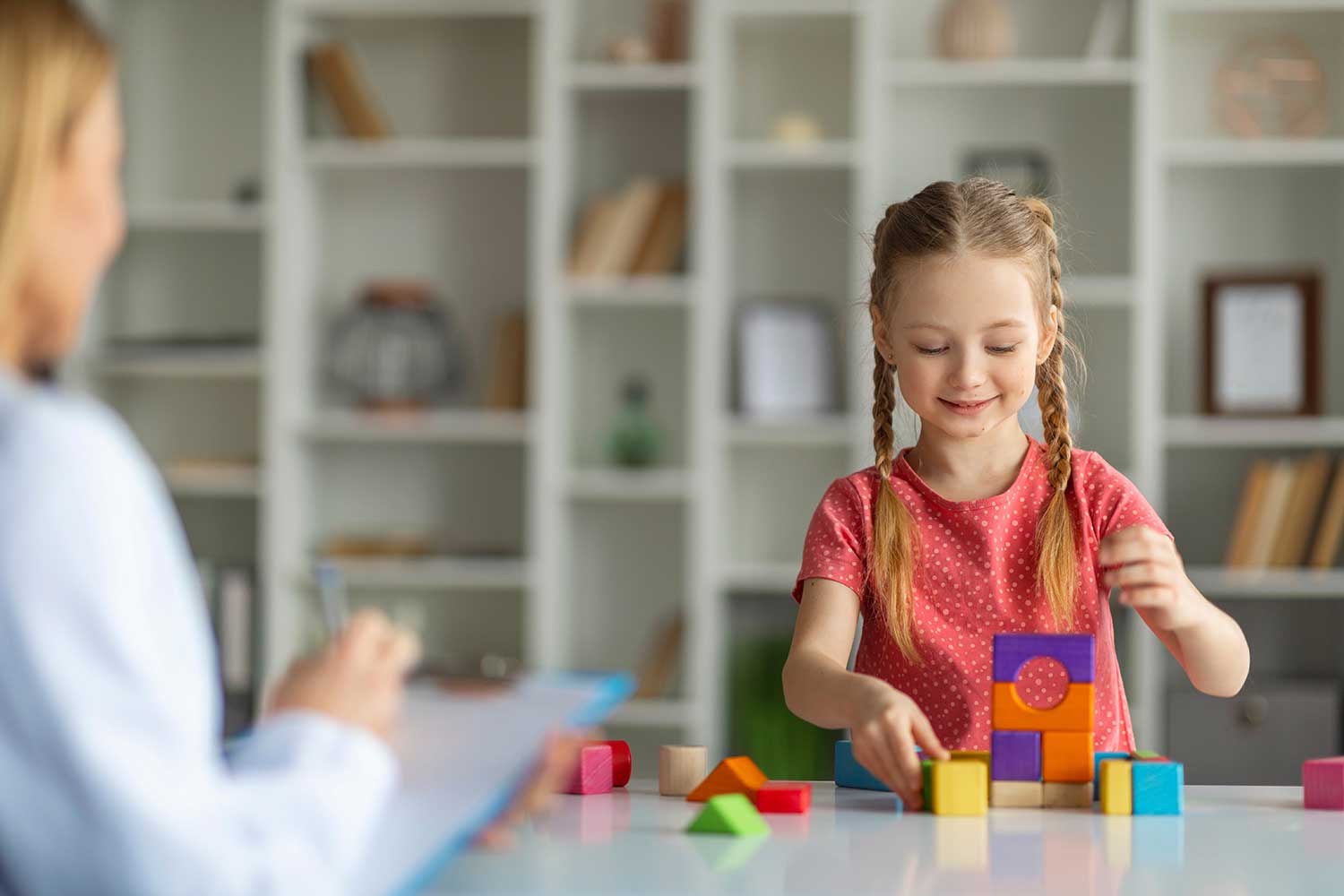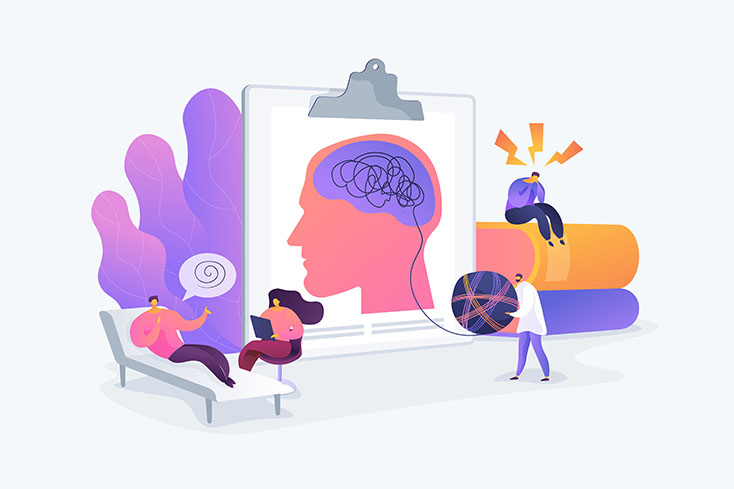
Play Therapy That Helps Children Express and Heal
Healing Through the Language Children Know Best
Play therapy helps children heal using their natural language—play. Kids can work through big emotions and tough experiences in a safe space. Our licensed therapists use proven play therapy as part of our types of therapy options.

Why Choose Us for Play Therapy
We know children communicate differently than adults. Our play therapy services provide a warm, supportive space where young minds can express, process, and grow. Learn more about our company and our child-focused care.
Licensed Child Trauma Specialists
Safe, Judgment-Free Environment
Parent and Family Support
Flexible Age-Appropriate Methods
Whole Child Focus
What Our Clients Say
Parents often tell us that play therapy helped their child express big emotions, feel safer, and grow stronger. Read client reviews to see how families like yours have seen lasting results with Cypress Therapy.
FAQs
What is play therapy, and how does it work?
What age do children benefit from play therapy?
How long does play therapy typically take?
What issues can play therapy address?
Do parents participate in sessions?
What happens in a typical session?
How is play therapy different from regular counseling?
Will my child know they’re in therapy?
What if my child doesn’t want to play or talk?
How do I know it’s working?
Gentle, Effective Therapy for Children in Southeast Texas
Children deserve a space where they can play, express, and heal. At Cypress Therapy, we offer trusted play therapy for families in Cypress, Tomball, and Houston. Whether your child is facing anxiety, trauma, or behavioral challenges, our team offers support that truly fits. Learn more about our Texas mental health services built just for children and teens.
Mental Health Resources for Families
Helping your child through tough times can feel overwhelming. The Cypress Therapy blog shares tips on child development, trauma recovery, and family wellness—so you’re never alone in supporting your child’s growth.

Social Media and Mental Health

7 Behaviors for Improving Mental Health




